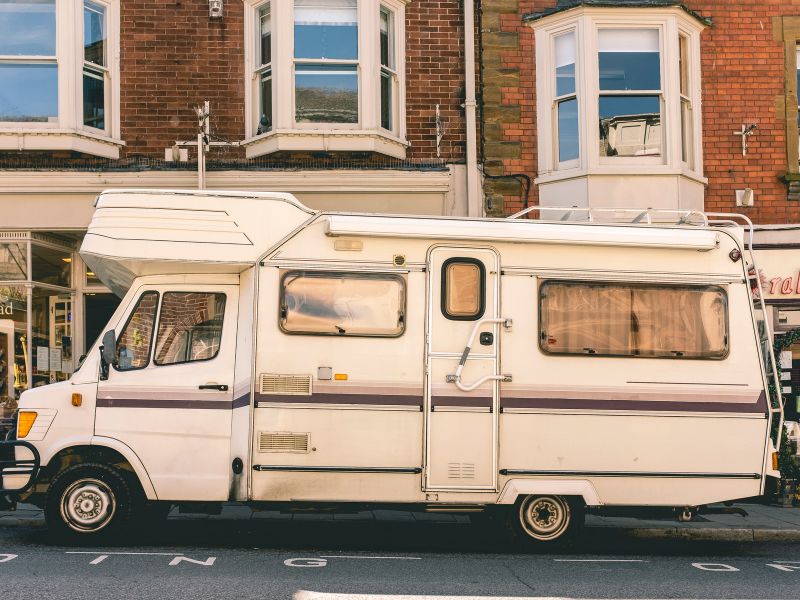
Purchasing a new motorhome is something that is exciting and to be enjoyed.
However, it may also be true that thinking about financing a new motorhome could be a bit of a chore.
Now there’s nothing that can be said here which will convince you that thinking about the financing of your motorhome is ever going to be as much fun as looking at the vehicle options themselves! Even so, motorhome finance doesn’t have to be a subject you dread getting into either.
It can be fast and easy.
How to pay
If you’re thinking in principle about how you’ll pay for that new motorhome, you may be considering some of the following:
- using your own capital (pension lump sums, savings, inheritances, etc.);
- dealership finance and monthly insurance costs
- loans from other sources and of different types such as HP (including specialist motorhome finance providers).
The question might then be – what are the pros and cons of these approaches?
Using your own capital
At face value, this looks like something of a “no-brainer”. Surely it must be preferable if you have the money available?
As many accountants will tell you though, that assumption might be flawed. It isn’t necessarily always advantageous to use your cash in preference to other forms of financing because:
- once spent, you can’t access your cash quickly if you need to in an emergency because it’s now tied up in a vehicle;
- your motorhome will start to depreciate the moment you start the engine for the first time. In other words, your cash is typically immediately worth considerably less than it was;
- you should consider just how much your money could have been earning for you if invested because now it can’t do so and is, in fact, typically reducing each day through depreciation.
Dealership finance
Vehicle dealerships will typically be very keen to discuss motorhome finance options with you.
That’s for two reasons:
- as part of their customer service provision, they’re trying to do everything they can to help you so that you’ll purchase your vehicle through their company. They, perfectly legitimately, want to make the entire purchasing process as easy as they can for you;
- they’ll typically have a financial interest in persuading you to take on their finance provider’s proposition.
There is nothing wrong with this at all but you may find that your ability to drive a hard bargain with the salesperson will potentially be inhibited if you’re also relying on the same person to source your motorhome finance for you.
Some buyers may wish to keep the vehicle purchase and financing activities quite separate from each other.
Loans and financing from other sources
In this domain, you may find that you’re offered:
- Hire Purchase (HP) options;
- equity release;
- approved origin miscellaneous secured loans.
Of these HP is perhaps the most familiar tried-and-tested route. The lender will simply purchase the vehicle and allow you to use it as the “registered keeper” until you have made the final payment. At that stage, the motorhome becomes yours. If you fail to maintain repayments, your vehicle may be seized.
Equity release typically involves lending you a sum based on the equity you may have tied up elsewhere, such as your home. The asset concerned typically serves as security against your failing to maintain repayments and, if you have used your home, it may be at risk if you fail to keep up those payments.
Some lenders might not consider this to be a suitable option (due to the risks for you and your asset) when trying to provide motorhome finance.
You might also be able to find other forms of specialized loans, but typically these will need some form of security. Given the value of a typical new motorhome, it may be difficult if not impossible to find motorhome finance by way of unsecured lending.